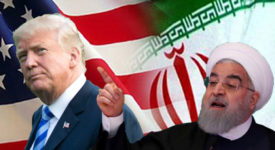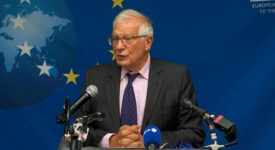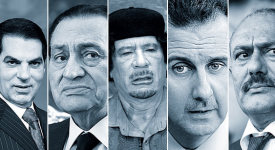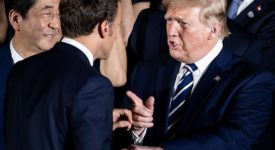A new draft law – referred to as “anti-Mubarak” amendment – tightening the EU rules against money laundering also in that it covers “foreign politically-exposed persons”, was approved by the MEPs yesterday (20 February). The European Parliament committees responsible for economic affairs and civil liberties voted for this law with an overwhelmingly majority, while also agreeing to establish public registers of beneficial owners that will list the ultimate proprietors of companies, foundations or trusts.
The aim of the “anti-Mubarak” amendment is to prevent anonymous companies – often used to evade taxes or even to channel illegal funding for criminal activities – from being able to operate without risking prosecution. While money laundered globally in one year is estimated to be in the vicinity of 5% of global GDP, the volume of laundered money in Europe can reach €600 billion every year, according to a study cited by the Socialists and Democrats group in the European Parliament. MEPs endorsed the key principles of the Commission proposal but decided to sharpen it by agreeing the establishment of public registers in a bid to create a further deterrent to illegal activities.
The new text that was adopted yesterday extends the scope of the EU Commission’s proposal to cover so called “politically-exposed persons”, such as politicians or judges, who are – because of the nature of their job – easy targets of corruption attempts. The “foreign politically-exposed persons” were added to the list because of the perceived need to target wealthy foreigners who hide their illegal revenues behind shell companies or trusts. A case in point is the former Egyptian president Hosni Mubarak who is known for having received a salary of $800 a month, but allegedly managed to save millions of Swiss francs in Swiss banks, according to Transparency International.
The increasing threat of international terrorism over the last 15 years has prompted a global tightening against money laundering activities which are often instrumental in providing funding for terrorist activities. The Financial Action Task Force, an inter-governmental body representing developed nations around the world, adopted in February 2012 new standards against money laundering and terrorism financing. The new standards have been turned into a legislative proposal by the European Commission in February 2013 and have been debated by EU Member States and the European Parliament throughout 2013.
Article Categories:
SECURITY & DEFENSE






